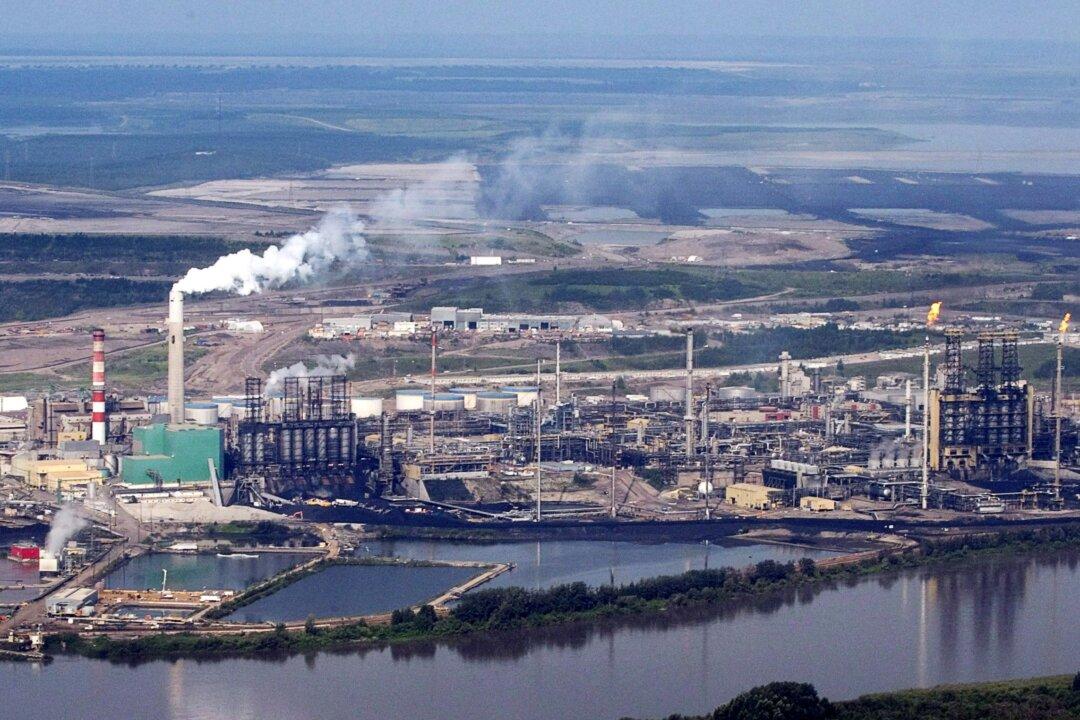News Analysis
Despite the recent withdrawal of the world’s largest sovereign wealth fund from Alberta’s oilsands, proponents believe the industry still has a bright future.

Despite the recent withdrawal of the world’s largest sovereign wealth fund from Alberta’s oilsands, proponents believe the industry still has a bright future.